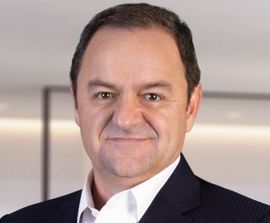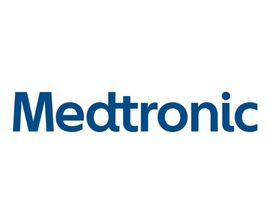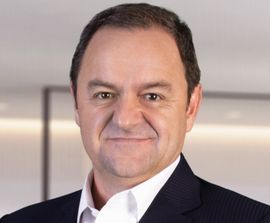When I began my career as a sales representative 30 years ago, I spent my days visiting healthcare facilities. Back then, medical care was not conceivable outside of a doctor’s office or hospital.
Healthcare mainly focused on the specific pathology that affected patients rather than the growing needs of chronic patients, whose care is now being approached in a multidisciplinary manner.
Thankfully, more healthcare systems are migrating toward patient-centered care models that provide care to patients on a more local level and begin envisioning hospitals “without walls.”
Sales for connected devices (wearables) have increased by 20% in the last year alone*. We are witnessing a new way of approaching both early detection and care, as well as disease prevention by providing both patients and physicians with essential information for real time decision-making.
For example, it is now possible for physicians to monitor patients with implanted cardiac devices thanks to advances in wireless connectivity and bluetooth technology that is integrated in devices like pacemakers or implantable cardiac monitors.
In fact, Medtronic is the only company whose implantable cardiac rhythm monitors can connect to smartphones.
Continuous and Remote Monitoring: Flexibility, Better Use of Time, and Peace of Mind
All of the information mentioned above is part of one of the areas of innovation we are working on at Medtronic known as: Connected care. This innovation has the potential to improve the speed, efficiency, and effectiveness of institutions, while giving patients flexibility, better use of their time, and greater peace of mind.
Imagine the peace of mind this also gives the parents that have to continuously monitor the glucose levels of their child with type 1 diabetes since they are now able to act in a timely manner thanks to cell phone alerts for the child’s glucose levels.
However, the fact that the technology exists is not enough; its adoption must be undertaken by healthcare systems and encouraged among healthcare personnel on a bigger scale. We have a lot of work to do since 95% of patients in the United States with an implanted cardiac monitor are connected to our carelink remote monitoring network, compared to Latin America where the number is less than 1%. This is because of a lack of infrastructure and formal support that is necessary to remotely monitor these patients, as well as a lack of regulatory and legal frameworks that encourage telemedicine.
Thus, this practice that could result in fewer recurring visits to the hospital, fewer emergency services, and less health spending on cardiac disease, is currently being wasted.
Connected Care: A Paradigm Shift Beyond the Digital World
When we talk about connected care, we should not limit conversations to the digital world. It is also about connecting all the stakeholders across the sector and aim toward the same goal that benefits all patients. Connected care is not just about keeping people out of hospitals, but also helping build healthcare systems that are able to operate in a coordinated way to deliver the necessary care at the right time.
To achieve this, it is essential to eliminate barriers such as the fragmentation between the public and private sectors, and between different areas of the same hospital, which can generate isolated or conflicting efforts in the absence of effective communication. Just as connected care devices only work if both doctor and patient know and understand the data, the value of the data is maximized if it is embraced by all throughout the healthcare system.
* International Data Corporation (IDC). “Wearables Deliver Double-Digit Growth for Both Q4 and the Full Year 2021, According to IDC”. Reviewed in October, 2022. Available at: https://www.idc.com/getdoc.jsp?containerId=prUS48935722.
Hugo F. Villegas Presidente de Medtronic para America Latina





